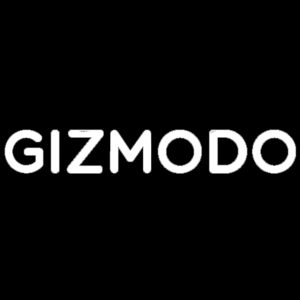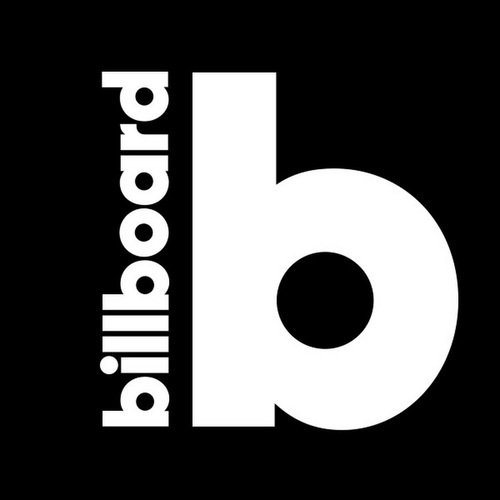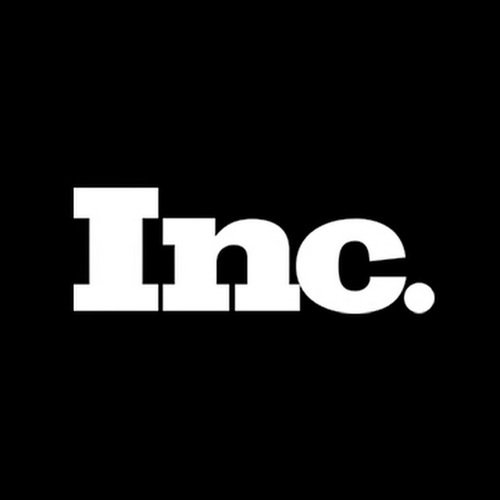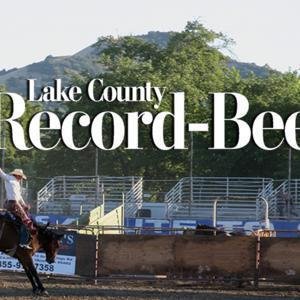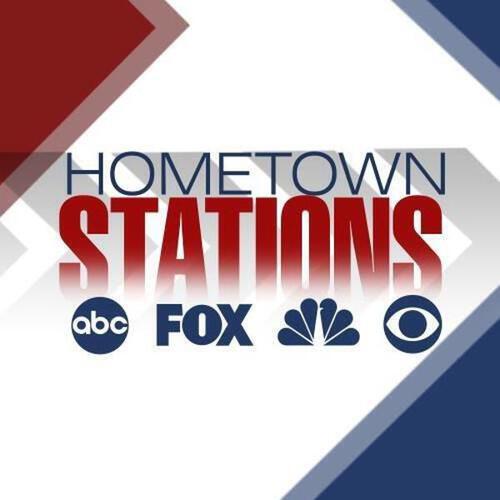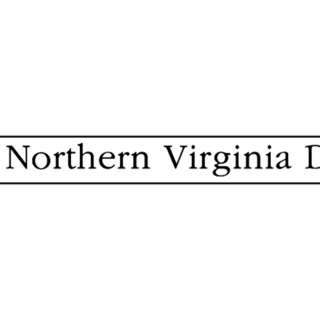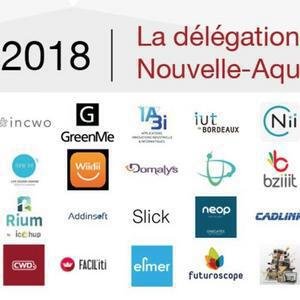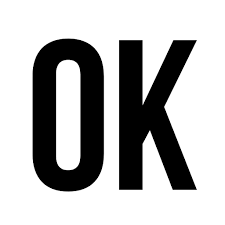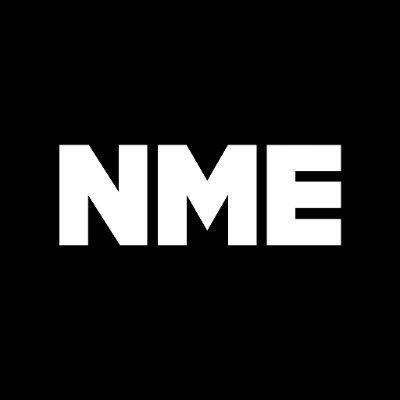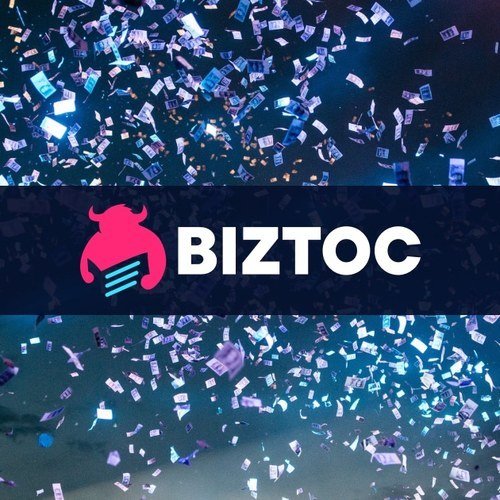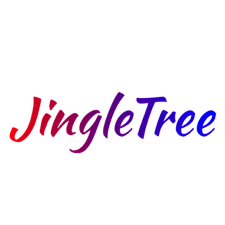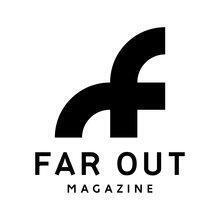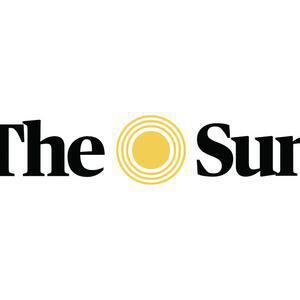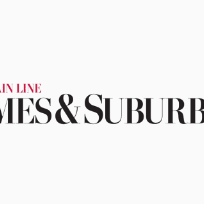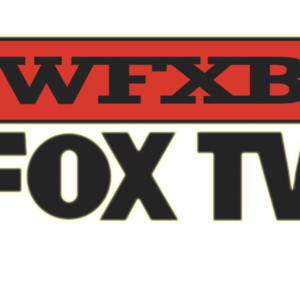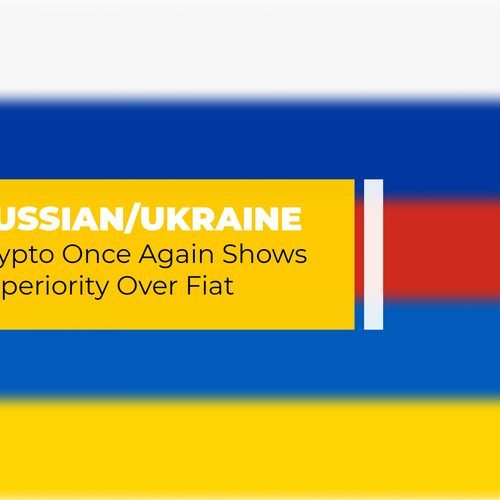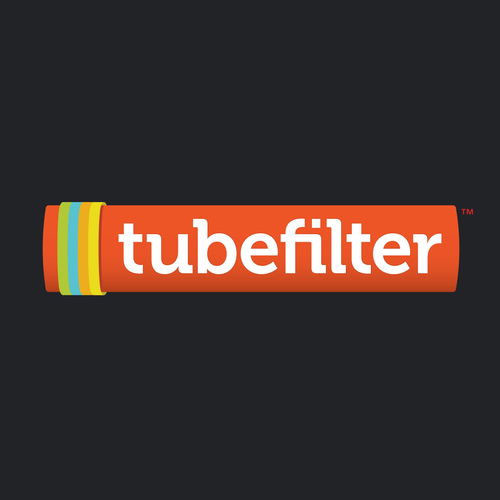- Napster is making a comeback after being acquired by Infinite Reality for $207 million. The company plans to transform it into a social music platform with features like 3D virtual spaces and interactive concerts. Napster aims to boost artist revenues and deepen fan engagement.
- Despite its return, streaming giants like Spotify and Apple Music dominate the market, with artists earning only small fractions of profits from streams.
- Rising frustration in the industry has sparked protests, with artists like Chappell Roan highlighting how current systems prioritize algorithms over sustainable support for musicians.
Full Story
Napster is back, and it wants to shake up the music streaming industry. After years of dominance by platforms like Spotify and Apple Music—where artists earn fractions of a penny per play—the Napster streaming platform is signaling a shift.
On Tuesday, immersive technology company Infinite Reality acquired the Napster streaming platform for $207 million. The company plans to transform Napster into a social music platform focused on deeper fan interaction and more revenue for artists.
Napster’s new direction
In a press release, Infinite Reality said Napster has paid over $1 billion to artists and songwriters worldwide over the past two decades. The new vision for Napster includes branded 3D virtual spaces, social listening parties, and interactive concerts.
Artists will also be able to sell both digital and physical merchandise, with gamification features built in to boost fan engagement.
“By acquiring Napster, we’re paving a path to a brighter future for artists, fans, and the music industry at large,” said John Acunto, co-founder and CEO of Infinite Reality.
“This strategic move aligns with Infinite Reality’s vision to lead an internet industry shift from a flat 2D clickable web to a 3D conversational one—giving all creators modern tools to better engage, monetize, and measure their audiences.”
Napter’s controversial origins
Napster launched in 1999 and became the face of peer-to-peer file sharing. The service allowed users to download songs for free—often illegally—disrupting the music industry. The company ceased operations in 2001 and filed for bankruptcy in 2002 after facing intense legal pressure. Lawsuits from Metallica, Dr. Dre, and the Recording Industry Association of America ultimately forced the platform to shut down.
Streaming giants still rule
Despite Napster’s comeback, streaming powerhouses remain on top. According to research firm MIDiA, Spotify held 31% of the global streaming market as of 2023–2024. Apple Music and Amazon Music followed, each controlling around 13–15%.
Spotify’s Q4 2024 earnings totaled €4.2 million, or about $4.5 million. Apple reported $26.3 billion in Q4 from services like Apple TV+, Apple Music, and the App Store combined.
In total, IFPI’s annual Global Music Report shows streaming generated $29.6 billion in global recorded music revenue in 2024—a 4.8% increase over the previous year. Spotify says it paid $10 billion to the music industry that year, calling it the largest single-year payout from any retailer in history.
Artists and songwriters earn pennies
Still, artists see only a small cut of the profits. Platforms like Spotify and Deezer charge $11.99 per month for individual users, yet musicians earn just $3 to $5 per 1,000 streams on average.
For most artists, ticket sales, merch, and live appearances remain their biggest income sources. Streaming offers exposure but often fails to provide sustainable income.
It’s even tougher for songwriters. According to Billboard, several boycotted Spotify’s “Songwriter of the Year” Grammy party this year. Their representatives say the protest aimed to highlight the platform’s ongoing mistreatment of music creators.
Chappell Roan adds to the conversation
During this year’s Grammy Awards, breakout artist Chappell Roan used her acceptance speech to spotlight how little artists earn from streaming. She thanked fans for their support and called attention to how the system often prioritizes algorithms over artistry.
Roan’s remarks added to growing frustration across the industry, especially among rising artists who struggle to translate viral hits into livable income. Her moment echoed the message behind Napster’s reboot—artists want more than just streams; they want sustainability.
Algorithms dominate discovery
Streaming apps also heavily rely on algorithmic playlists like Spotify’s “Discover Weekly.” While these features promote convenience, critics argue they disconnect fans from artists and limit the discovery of music outside mainstream trends.

